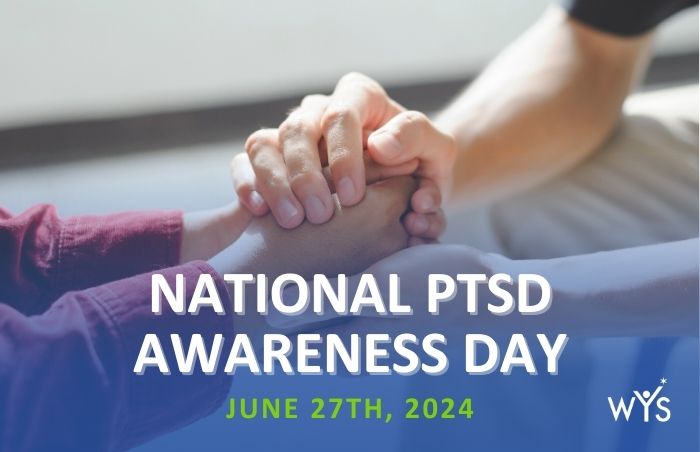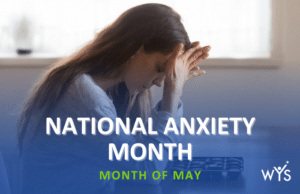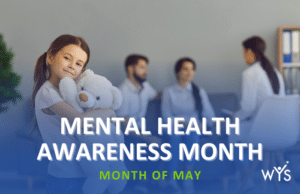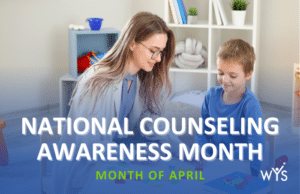
June 27th marks National PTSD Awareness Day, a time dedicated to raising awareness about Post-Traumatic Stress Disorder (PTSD) and its impact on individuals and communities. As we observe this day, it’s crucial to explore the depths of PTSD, explore its symptoms, understand the role of Adverse Childhood Experiences (ACEs), and highlight the significance of trauma-informed care. At Western Youth Services, we stand committed to supporting individuals affected by PTSD and fostering a community that prioritizes mental health and well-being.
Understanding PTSD:
Post-Traumatic Stress Disorder is a mental health condition that develops in response to experiencing or witnessing a traumatic event. According to the National Institute of Mental Health (NIMH), approximately 3.6% of U.S. adults aged 18-54 (about 9 million people) have PTSD during a given year. PTSD can affect anyone regardless of age, gender, or background, and its symptoms can significantly impair daily functioning and quality of life.
Symptoms of PTSD:
PTSD manifests through a variety of symptoms, which can be categorized into four main clusters:
- Intrusive Memories: Flashbacks, nightmares, or distressing thoughts related to the traumatic event.
- Avoidance: Avoiding places, people, or activities that remind the individual of the traumatic experience.
- Negative Changes in Thinking and Mood: Feelings of guilt, shame, or detachment from others, along with persistent negative emotions.
- Changes in Reactivity and Arousal: Hypervigilance, irritability, difficulty concentrating, and exaggerated startle response.
The Impact of ACEs:
Adverse Childhood Experiences (ACEs), such as abuse, neglect, or household dysfunction, can significantly increase the risk of developing PTSD later in life. Research conducted by the Centers for Disease Control and Prevention (CDC) and Kaiser Permanente revealed a strong correlation between ACEs and various negative health outcomes, including mental health disorders like PTSD. By addressing ACEs and providing trauma-informed care, we can mitigate the long-term effects of trauma and promote healing.
How Western Youth Services Can Help:
At Western Youth Services, we are dedicated to providing trauma-informed care and support for individuals affected by PTSD. Our comprehensive approach integrates evidence-based treatments, compassionate counseling, and community resources to address the diverse needs of our clients. Whether you’re seeking individual therapy, group support, or educational workshops, our team of experienced professionals is here to guide you on your journey towards healing and resilience.
Through our trauma-informed programs, we aim to empower individuals to regain a sense of control over their lives, build healthy coping mechanisms, and cultivate meaningful connections within their community. By raising awareness about PTSD and advocating for trauma-informed practices, we strive to create a more compassionate and supportive environment for all.
On National PTSD Awareness Day, let us come together to shed light on the impact of trauma and the importance of mental health support. By recognizing the symptoms of PTSD, understanding the role of ACEs, and promoting trauma-informed care, we can make strides towards healing and resilience. At Western Youth Services, we are committed to standing alongside individuals affected by PTSD, offering hope, healing, and a pathway to brighter tomorrows. To get connected with our services, visit https://www.westernyouthservices.org/one-door-any-door/. To learn more about ACEs, visit https://www.westernyouthservices.org/aces-expertise/.
If your child or a young loved one is struggling with a mental health concern, we encourage you to reach out to a mental health professional or to contact an Access Coordinator at Western Youth Services by sending an email to gethelp@westernyouthservices.org or by calling us toll-free at 888-312-0406.
Orange County, State and National resources can be found on our site here: https://www.westernyouthservices.org/resources/.






